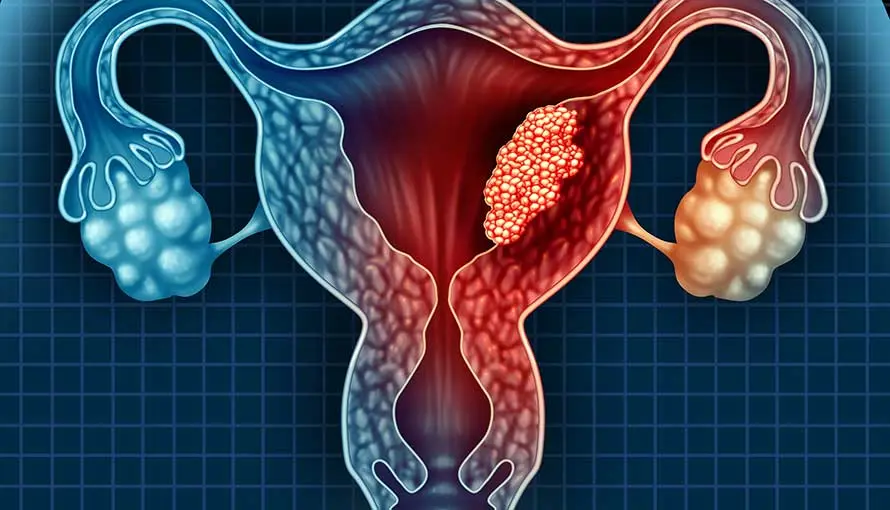Top Bladder Cancer Treatment Options You Should Know About
Bladder cancer is one of the most common cancers affecting the urinary system, but with the advancement in modern medicine, there are more bladder cancer treatment options available than ever before. These include a combination of surgery, chemotherapy, immunotherapy, and radiation therapy. In this article, we will explore the top bladder cancer treatments you should know about in 2025, so you can make informed decisions about your health care.
What Is Bladder Cancer?
Bladder cancer occurs when abnormal cells form in the bladder lining. It is most commonly diagnosed in older adults, and its symptoms can include blood in the urine, frequent urination, or painful urination. The main types of bladder cancer are:
- Transitional Cell Carcinoma (TCC): The most common form, making up about 90% of all bladder cancers.
- Squamous Cell Carcinoma: Occurs in about 4-5% of cases and is linked to chronic irritation of the bladder.
- Adenocarcinoma: A rare type of bladder cancer that develops in the glandular cells.
The treatment of bladder cancer depends on its stage and type. Here, we will focus on the most effective bladder cancer treatments in 2025.
Top Bladder Cancer Treatment Options in 2025
1. Surgical Treatment for Bladder Cancer
Surgery is one of the most common and effective treatments for bladder cancer, especially when the cancer is in the early stages. Depending on the extent of the cancer, the following surgical options are available:
- Transurethral Resection of Bladder Tumor (TURBT): This procedure removes the tumor through the urethra without the need for an incision.
- Cystectomy: In cases where the cancer is more advanced, a partial or radical cystectomy may be necessary. A partial cystectomy involves removing only the part of the bladder affected by cancer, while a radical cystectomy involves removing the entire bladder.
- Urinary Diversion: After a cystectomy, the surgeon may need to create a new way for urine to leave the body, either through an ileal conduit or a neobladder.
2. Chemotherapy for Bladder Cancer
Chemotherapy is commonly used to treat bladder cancer, especially in cases of muscle-invasive bladder cancer. It is used both before surgery (neoadjuvant chemotherapy) to shrink the tumor and after surgery (adjuvant chemotherapy) to eliminate any remaining cancer cells. The most commonly used chemotherapy drugs for bladder cancer include:
- Cisplatin
- Gemcitabine
- Methotrexate
- Carboplatin
3. Immunotherapy for Bladder Cancer
Immunotherapy is a promising treatment that uses the body’s immune system to fight cancer cells. It is particularly effective in advanced or metastatic bladder cancer. Key immunotherapy treatments for bladder cancer include:
- Checkpoint Inhibitors: Drugs like atezolizumab, nivolumab, and pembrolizumab block checkpoint proteins that prevent the immune system from attacking cancer cells.
- BCG Therapy: Bacillus Calmette-Guerin (BCG) is a form of immunotherapy that is used to treat superficial bladder cancer. BCG is delivered directly into the bladder to stimulate the immune system to target cancer cells.
4. Radiation Therapy for Bladder Cancer
Radiation therapy uses high-energy rays to target and kill cancer cells. It is not typically used as the primary treatment for bladder cancer but can be beneficial in certain situations:
- External Beam Radiation Therapy: This method delivers focused radiation from outside the body to destroy cancer cells.
- Brachytherapy: In some cases, radioactive material is placed directly inside or near the tumor.
5. Targeted Therapy for Bladder Cancer
Targeted therapy is a type of cancer treatment that specifically targets cancer cells without harming normal cells. It is often used for patients with advanced bladder cancer or those who have not responded to other treatments. The following are examples of targeted therapy drugs used in bladder cancer treatment:
- Erdafitinib: A drug used to target FGFR mutations, which are commonly found in bladder cancer.
- Monoclonal Antibodies: Drugs like durvalumab and atezolizumab are used to block specific cancer cell proteins.
Bladder Cancer Treatment Comparison
| Treatment Type | Best For | Benefits | Side Effects | Key Drugs/Techniques |
|---|---|---|---|---|
| Surgical Treatment | Early-stage bladder cancer | Offers potential cure, especially with early diagnosis | Pain, urinary complications, infection risk | TURBT, Cystectomy, Urinary Diversion |
| Chemotherapy | Muscle-invasive or metastatic bladder cancer | Reduces tumor size, can be combined with surgery | Nausea, fatigue, hair loss, weakened immune system | Cisplatin, Gemcitabine, Methotrexate |
| Immunotherapy | Advanced or metastatic bladder cancer | Stimulates immune system to fight cancer | Fatigue, skin reactions, immune-related side effects | Atezolizumab, Nivolumab, Pembrolizumab |
| Radiation Therapy | Patients who cannot undergo surgery or those with advanced cancer | Non-invasive, can target tumors precisely | Fatigue, bladder irritation, nausea | External Beam Radiation, Brachytherapy |
| Targeted Therapy | Advanced bladder cancer with specific genetic mutations | Targets cancer cells precisely, fewer side effects | Skin problems, diarrhea, fatigue | Erdafitinib, Durvalumab, Atezolizumab |
Conclusion: Future Outlook for Bladder Cancer Treatment
Bladder cancer treatment has evolved significantly in recent years. The introduction of immunotherapy, targeted therapy, and minimally invasive surgery offers hope to many patients, with personalized treatments becoming increasingly common. As research continues, more advanced and effective treatment options are expected, improving survival rates and quality of life for bladder cancer patients.
It's important for patients to discuss all available treatment options with their healthcare providers to determine the best course of action based on their specific diagnosis and health status.
Explore

Best Treatment Options for Lung Cancer in 2025

Flying Safe: What You Should Know About Private Jet Charter Standards

Top 10 Aerospace Companies You Should Know in 2025

Cancer Treatment Breakthroughs: What’s on the Horizon in 2025?

Mental Health and Cancer Care: The Importance of Emotional Support During Treatment

New Breakthroughs in Advanced Prostate Cancer Treatment

Understanding Uterus Cancer Treatment: What’s New in 2025?

Understanding Heart Arrhythmia: Common Causes and Treatment Options
